Sci-fi writers and AI researchers worry: What happens if technology, specifically artificial intelligence, reaches singularity?


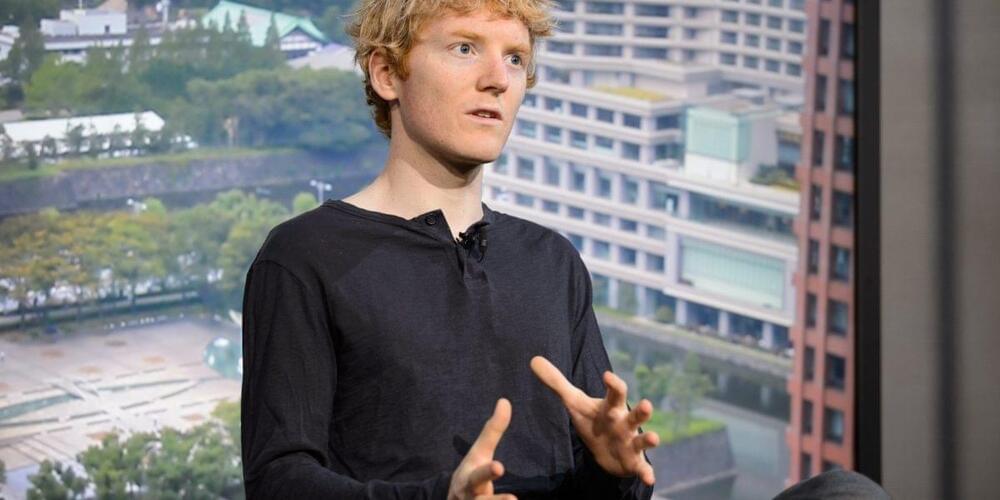
In March 2020, an experiment in science philanthropy was hatched in the span of a five-minute call.
Patrick Collison, the now 34-year-old billionaire CEO of the online payments company Stripe, and economist Tyler Cowen were chewing over a shared concern: Scientific progress seemed to be slowing down. As the first pandemic lockdowns went into effect, researchers were in a holding pattern, waiting to hear if they could redirect their federal grants to COVID-related work. Collison and Cowen worried that the National Institutes of Health wasn’t moving quickly enough, so they launched Fast Grants to get emergency research dollars to virologists, coronavirus experts, and other scientists rapidly.
“We thought: Let’s just do this,” Cowen recalls. “It was a bit like put up or shut up.”
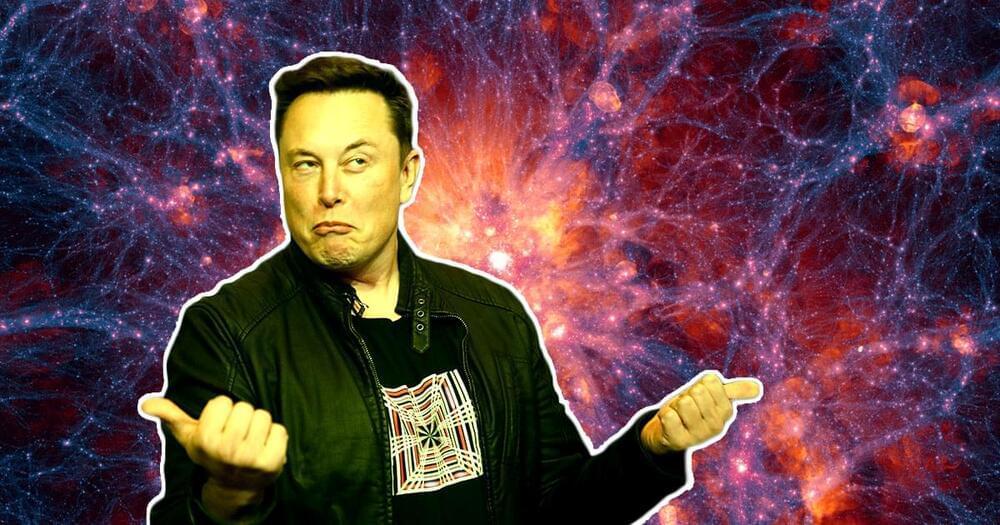
Elon Musk, the omnipotent ruler of the Twitterverse, has chimed in and has decreed that the actual physical universe is “possibly” twice as old as we think it is.
Make of that what you will.
Musk was responding to noted misinformation peddler and comedian Joe Rogan, who linked to a press release about a controversial new paper that indeed suggests the universe could be 26.7 billion years old, almost twice as the general consensus among scientists.

Elon Musk confirmed that Tesla is currently in ‘early’ discussions to license its self-driving technology with a ‘major’ automaker.
At the end of his opening remarks for Tesla’s Q2 2022 earnings call following the release of the automaker’s financial results, CEO Elon Musk said that he wanted to “strongly emphasize” that Tesla is open to licensing its self-driving technology to other automakers.
That’s something that the CEO has been frequently mentioning as of late.
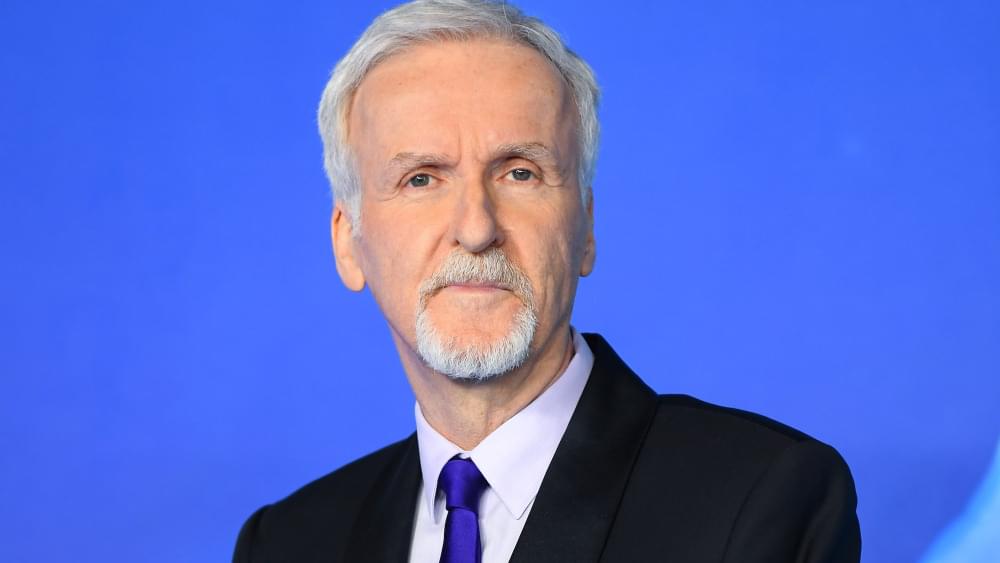
James Cameron has no intention of using artificial intelligence to write a film script. In a new interview with CTV News, the Oscar winner expressed doubt over AI bots being able to write “a good story.”
According to Cameron: “I just don’t personally believe that a disembodied mind that’s just regurgitating what other embodied minds have said — about the life that they’ve had, about love, about lying, about fear, about mortality — and just put it all together into a word salad and then regurgitate it…I don’t believe that’s ever going to have something that’s going to move an audience. You have to be human to write that. I don’t know anyone that’s even thinking about having AI write a screenplay.”
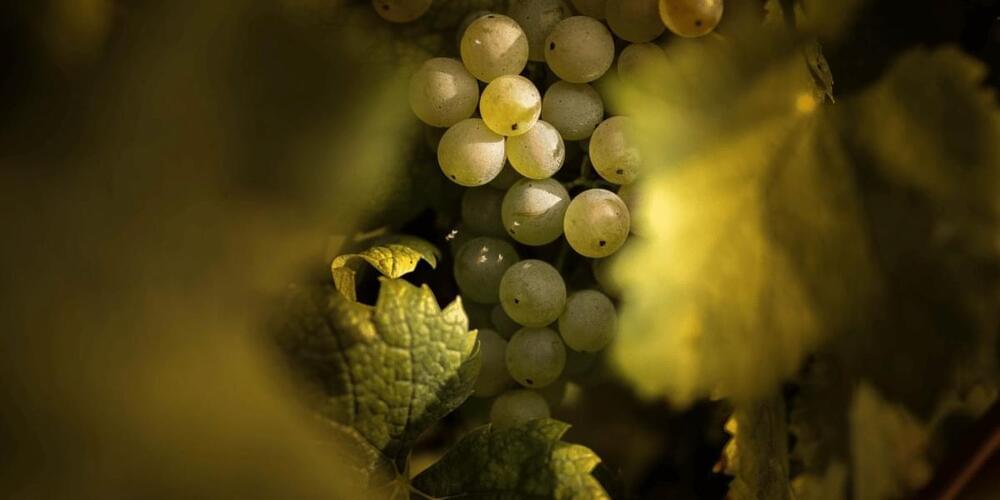
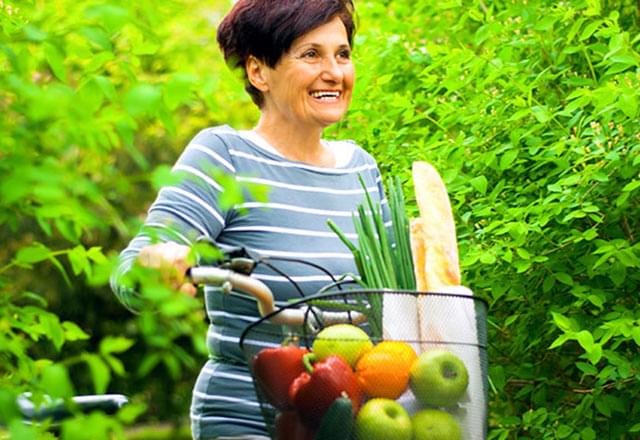
If you’re fighting cancer, a healthy lifestyle can help you stay well during and after treatment. Research suggests that good nutrition, exercise and other healthy behaviors may improve your quality of life during treatment.
“Taking charge of your health by developing healthy habits empowers you to cope better with your treatment and any side effects you may have,” says Lonny Yarmus, D.O., a board certified interventional pulmonologist at the Lung Cancer Program at the Sidney Kimmel Comprehensive Cancer Center.
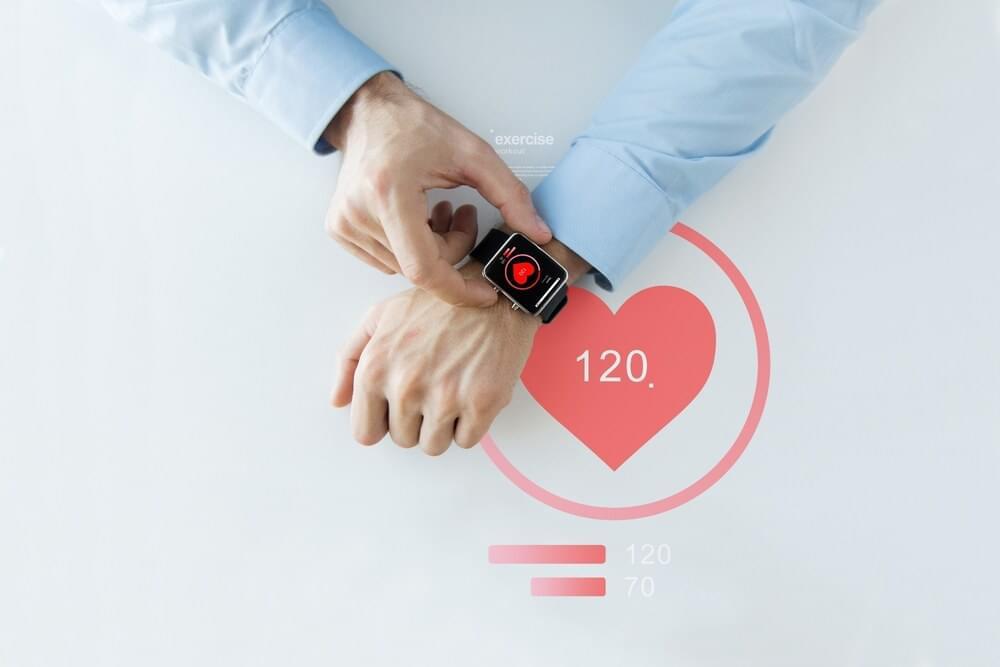
In a recent perspective piece published in the Nature Medicine Journal, researchers discussed the current achievements, challenges, and potential opportunities in using digital technologies, such as remote medicine and wearables in geriatric medicine and care.
Study: Digital health for aging populations. Image Credit: GroundPicture/Shutterstock.com.

